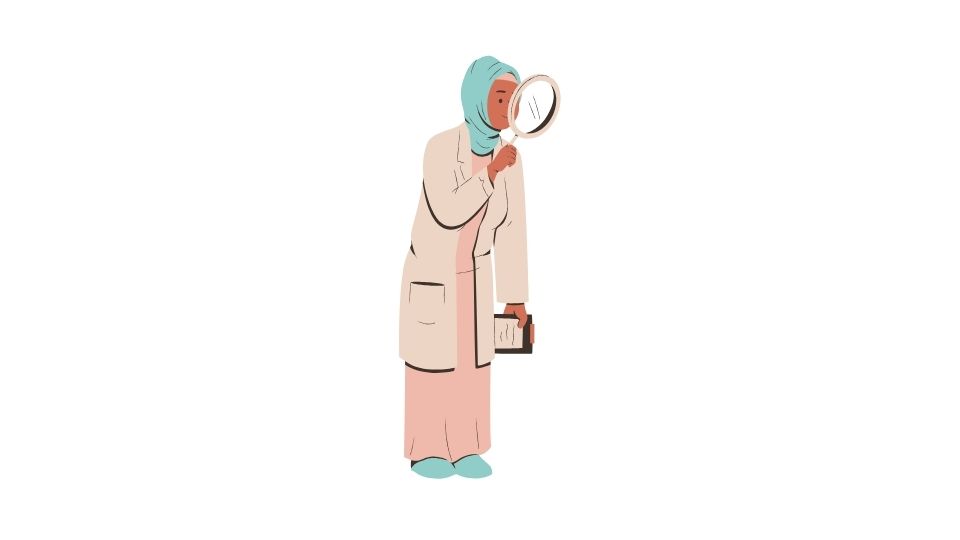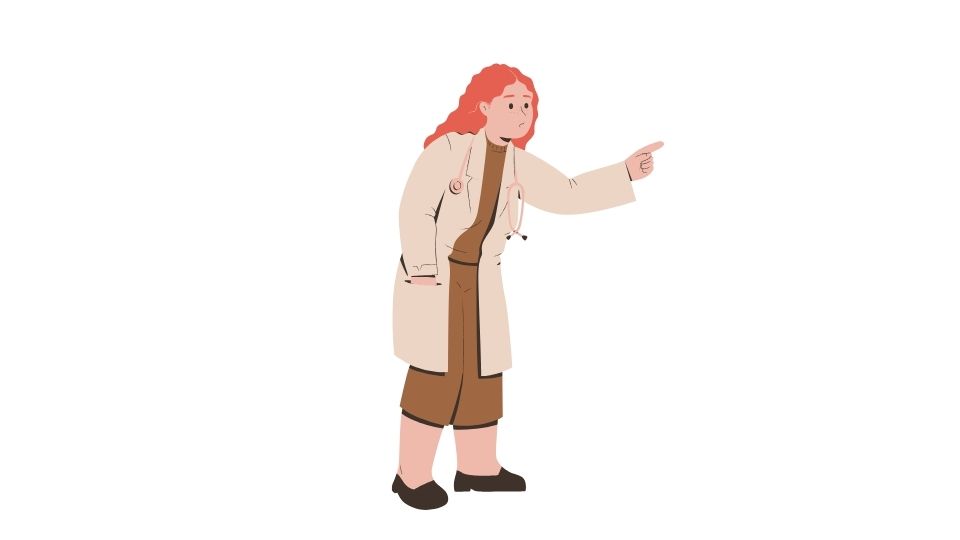Can You Switch from Health Science to Nursing?

Thinking about jumping from health science to nursing? It’s a super common career switch that makes a ton of sense for anyone wanting more hands-on patient care.
Your health science background gives you a head start, and there are actually special fast-track nursing programs designed for people exactly like you! Let me walk you through how to make this transition smoothly, covering everything from the education you’ll need to getting licensed.
From Health Science to Nursing: Your Complete Transition Guide
Why Make the Switch?

Health science and nursing are like cousins in the healthcare family. They’re related but definitely different in what you’ll actually be doing day-to-day.
Health science gives you that solid foundation in anatomy, physiology, and healthcare systems – which is basically like having a running start toward nursing. But nursing takes things to the next level with direct patient care, hands-on clinical skills, and being right in the middle of treatment and recovery.
If you’re craving more meaningful patient interactions and want to play a bigger role in their care journey, nursing is the logical next step.
Plus, tons of universities actually have programs specifically designed for people with your background! According to a study by the American Association of Colleges of Nursing, career-changers into nursing tend to be highly motivated and successful students.
Your Education Options: Traditional vs. Accelerated Programs
You’ve got two main paths to consider:
1. Traditional BSN Programs
These are your standard four-year Bachelor of Science in Nursing degrees. If you’re still early in your health science studies or missing some key prerequisites, this might be your route.
The good news? Your existing health science credits will likely transfer, potentially shaving off significant time from that four-year timeline.
2. Accelerated BSN (ABSN) Programs
This is the express lane to nursing if you already have a bachelor’s degree or substantial credits in health science.
These programs typically take just 12-18 months to complete – they’re intense but efficient! They’re specifically designed to build on your existing science knowledge while focusing on nursing-specific skills and clinical experience.
Research from Johns Hopkins University shows that second-degree nursing students often outperform traditional students because of their academic maturity.
Prerequisites and Admission Requirements

Before you apply (especially to those accelerated programs), you’ll need to make sure you’ve checked all these boxes:
- Common prerequisite courses: Anatomy and Physiology I & II, Microbiology, Chemistry, Pathophysiology, and Medical Terminology
- Minimum grades of C or better in these courses (though aim higher!)
- GPA requirements: Most programs want to see at least a 3.0 cumulative GPA, with special attention to your science courses
- Some programs require certifications like Certified Nursing Assistant (CNA) or Basic Life Support (BLS)
- Additional requirements might include résumés, interviews, background checks, drug screenings, and proof of immunizations
Nursing programs are competitive and rigorous, so you’ll need to plan carefully to complete any missing prerequisites before your program starts. Always check with specific schools to confirm their exact requirements! The University of Pennsylvania’s nursing program notes that strong candidates often exceed minimum requirements.
Clinical Experience and Getting Licensed

Your health science background gives you great theoretical knowledge, but nursing education emphasizes both classroom learning AND hands-on experience. You’ll complete extensive clinical rotations that are mandatory for developing patient care skills.
After finishing your BSN or ABSN program, you’ll need to pass the NCLEX-RN exam – this is the National Council Licensure Examination for Registered Nurses. Passing this exam is your ticket to becoming a licensed nurse, proving you’ve mastered nursing fundamentals and patient safety principles.
Career Opportunities and Growth Potential
With a BSN, you’re not just limited to bedside nursing (though that’s incredibly rewarding!). You can also pursue paths in:
- Leadership roles
- Education
- Advanced practice positions
Nurses with prior degrees and healthcare experience often find themselves on the fast track to advanced positions. Many go on to pursue graduate education, becoming Nurse Practitioners or Nurse Educators.
Your health science background will actually give you an edge in understanding complex healthcare concepts and systems. According to The American Nurses Association, nurses with diverse educational backgrounds bring valuable perspective to the profession.
Your Step-by-Step Transition Plan
Evaluate Your Current Credits – Figure out which health science courses you’ve already completed that satisfy nursing prerequisites
Research Accelerated Programs – Look for ABSN programs that welcome career-changers and carefully review their admission requirements
Complete Any Missing Prerequisites – Enroll in and ace any required science courses not covered by your current degree
Prepare Your Application Package – Gather transcripts, résumés, certifications, and prepare for interviews or essays
Crush Your Nursing Program – Focus intensely on nursing coursework and clinical hours. Your health science background will help you grasp complex concepts faster!
Graduate and Pass the NCLEX – Get licensed and start your new career as a registered nurse
Extra Things to Consider

- Many schools offer special advising services specifically for career-changers
- Some universities provide online or hybrid programs, though clinical components must still be completed in person
- International students should check visa restrictions for accelerated nursing programs
- Always verify your state nursing board’s specific licensing requirements
Switching from health science to nursing is a brilliant move for anyone who wants more direct involvement in patient care. With accelerated programs and your existing knowledge base, you can make this transition efficiently and successfully.
Just remember to plan strategically, complete all necessary prerequisites, and prepare thoroughly for the challenges of nursing school and licensure. Your background in health science is a major advantage – now go put it to work in this rewarding new career!

